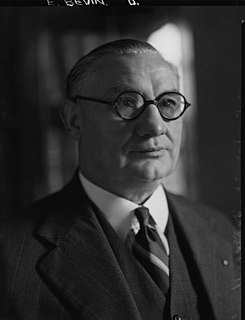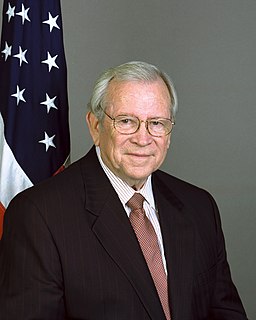A Quote by Leigh Steinberg
The only thing certain about any negotiation is that it will lead to another
negotiation .
Quote Topics
Related Quotes
When we come to the table, we shouldn't negotiate right away. We should spend time walking together, eating together, making acquaintance, telling each other about our own suffering, without blame or condemnation. It takes maybe one, two, three weeks to do that. And if communication and understanding are possible, negotiation will be easier. So if I am to organize a peace negotiation, I will organize it in that way.
True negotiation takes place when each side respects the other, and their point of view, and enters into the discussion positively. If you are determined that your solution, and your particular solution only, is the correct one - to be imposed on the other side if necessary - that is not negotiation; it is dictatorship
Mike Pence came out and said this was a courtesy call, then Donald Trump a few hours later went on Twitter, as is his wont, and essentially linked the call to Taiwan with a whole series of things he doesn't like about Chinese economic and foreign policies and implied that the U.S. views of the status of Taiwan are now up for negotiation, that he wants them to be part of a broader negotiation with China about a whole series of economic and foreign policy issues. So, we just don't really know what exactly they're planing to do with this.


































